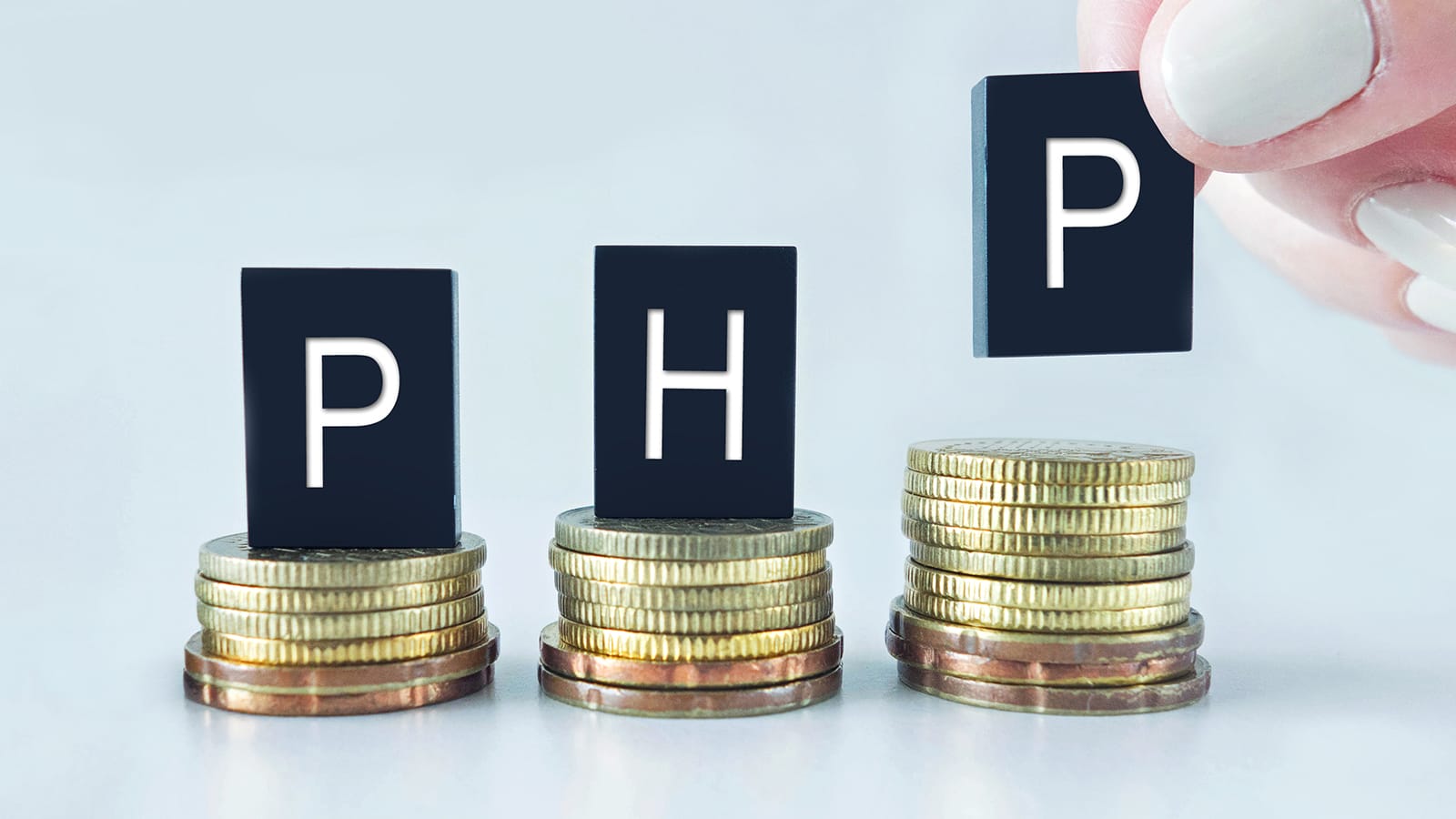Table of contents
The registration of hazardous chemicals with the Food and Drug Administration (FDA) in the Philippines is a crucial step for any company dealing with these substances. The FDAs objective is to develop safe products for the environment and human use.
This article covers the essential process of registering household/urban hazardous substances (HUHS) with the FDA.
Household/Urban Hazardous Substances (HUHS) Registration in the Philippines
Under the regulatory framework established by the Food and Drug Administration (FDA) of the Philippines, all Household/Urban Hazardous Substances (HUHS) manufactured or imported for sale must undergo stringent registration.
This mandate is in place to ensure that all HUHS products meet the necessary safety and quality standards set by the FDA. Unregistered HUHS products are subject to confiscation, and the responsible entities may face substantial fines or even imprisonment.
What Household/Urban Hazardous Substances Need to be Registered in the Philippines?
In the Philippines, a wide range of Household/Urban Hazardous Substances (HUHS) are subject to mandatory registration with the Food and Drug Administration (FDA). This category encompasses products that pose potential risks to health or the environment, including cleaning agents, pesticides, chemicals used in DIY projects, and certain personal care items.
Register any product that falls under the HUHS definition with the FDA to ensure compliance with the HUHS regulations in the Philippines.
Chemical Product Compliance Registration Process in the Philippines
The registration of HUHS with the FDA follows a systematic process. The essential steps include:
- Obtain a Licence to Operate (LTO).
- Have the necessary documentation.
- Submit your Application and Fees.
- Undergo Factory Inspection.
- Acquire a Certificate of Product Registration (CPR) for your HUHS products.
The registration process typically spans 6-8 weeks. Additionally, the renewal process for CPR registration is after every 3-5 years.
How to Avoid HUHS Getting Rejected in the Philippines
There are specific claims for HUHS products that are not permissible and could lead to product rejection. In order to avoid getting your products products rejected, avoid these common pitfalls:
- Misleading Claims About Physiological Functions: Claims that exaggerate or falsely represent the effects of HUHS products on physiological functions are not allowed. Statements like “100% eliminates all toxins” or “instantly purifies air with no side effects” are examples of unrealistic and misleading claims.
- Unsubstantiated Health Benefits: Any health-related claims, such as “safe for all ages” or “clinically proven to be non-toxic,” need to be backed by actual clinical evidence or studies. Without valid substantiation, these claims can lead to FDA disapproval.
The FDA’s stringent regulations ensure that HUHS products are marketed truthfully and do not mislead consumers with overstated or medically oriented claims.
HUHS and the FDA surveillance
Once registered, retailers must uphold myriad handling, labelling, and usage guidelines ensuring the following:
- Childproof containers
- Warning labels on toxicity
- Protective gear for handlers
- Restricted public access
- Consumer safety usage guidelines
- Proper chemical spill management
- Reporting systems
FDA inspection teams make surprise visits to stores and warehouses to check for household hazardous substances compliance. Ignoring the FDA’s requirements leads to revocations and penalties.
Understanding FDA Labelling Requirements for HUHS Products in the Philippines
The Food and Drug Administration (FDA) imposes specific labelling requirements for Household/Urban Hazardous Substances (HUHS) to ensure consumer safety and informed usage. Here’s a breakdown of the labelling elements as mandated by the FDA.
Companies and product details
- Trade/Brand/Variant Name of the Product: This includes the product’s trade name, brand, or variant.
- Intended Use & Product Category: This section clearly specifies the purpose and category of the product.
- Name of Ingredients: Detailed listing of the ingredients.
- Name and Address of the Marketing Authorization Holder: It includes the complete details of the company responsible for any product inquiry or complaint.
- Safety Precautions: Inform consumers of potential risks associated with the product’s use.
- FDA Registration Number: Display the FDA registration number as a testament to the product’s compliance with regulatory standards.
- Manufacturing Date / Expiry Date and Batch Number: Provide manufacturing or expiry date details to track the product’s shelf life and manufacturing history. The batch number is for quality control and recall procedures, if necessary.
- Net Weight or Volume: Indicate the quantity of the product.

Information about the product
- Directions for Use: Provide clear, step-by-step instructions on how to use the product correctly.
- Physical and Chemical Hazards: Provide information about potential dangers, like flammability, reactivity, or toxicity.
- First Aid Treatment & Signs/Symptoms of Poisoning: Guidance on immediate actions in case of accidental poisoning, including symptoms to watch out for and first aid treatment procedures.
- Handling, Storage, and Disposal Requirements: This section includes instructions on product safety, the storage conditions to maintain product integrity and safety, and guidelines on how to dispose of the product responsibly after use.
- Appropriate GHS Elements: The Globally Harmonized System (GHS) of Classification and Labelling of Chemicals is an international standard, and its elements on the labels help in identifying the specific hazards of chemical products.

Ensuring Compliance and Fostering Safety in the HUHS Sector
The regulatory framework established by the Philippine FDA for Household/Urban Hazardous Substances (HUHS) reflects a commitment to public safety and environmental protection. Navigating the complexities of FDA compliance is indispensable. It is imperative for companies to stay informed and adapt to evolving regulations.
Looking to sell products containing hazardous chemicals in the Philippines? Fill out the form below to consult with an Emerhub expert on FDA regulations.






